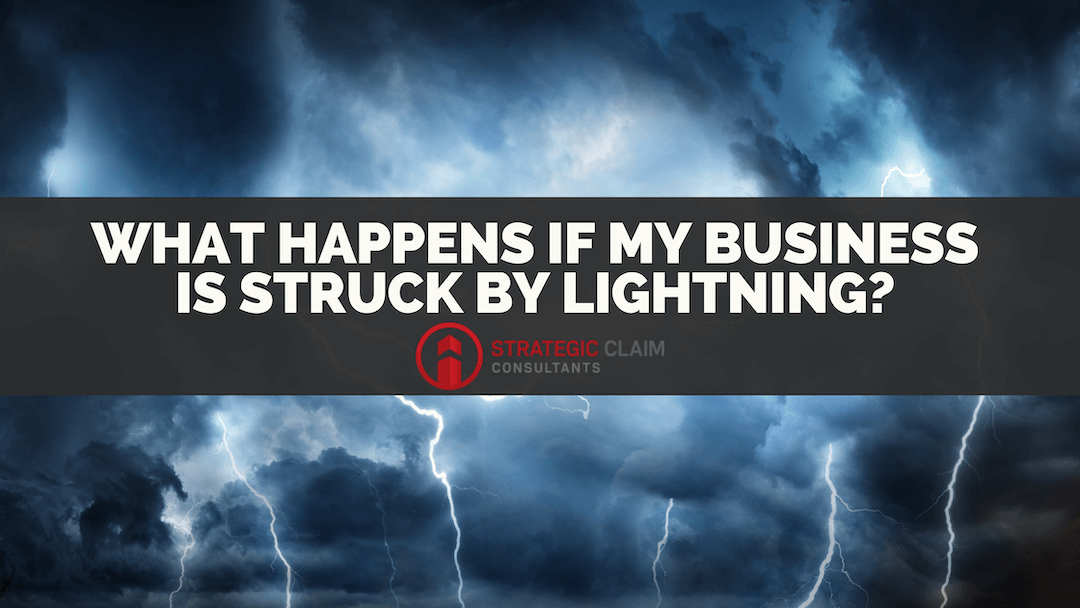With hurricane season around the corner, the possibility of an electrical event is also prominent. As a business owner, you may ask the question, “what happens if my business building is struck by lightning?”
Most commercial property insurance policies cover damages caused by a direct lightning strike, such as power surges or fire. However, insurance policies typically don’t cover damages due to nearby lightning or non-lightning strike-related event, causing the power surge.
Risks Associated from Lightning Strikes
The most significant threat to businesses is a power surge. A lightning bolt can strike the ground, travel 3 miles to reach a conductor, and transmit through cables or wires in a business. Once the lightning is transmitted into the building, the power surge causes various damage. Some of the damages that surge causes include software malfunction, data deletion, and electrical fires.
Do I have to purchase additional insurance to protect against lightning?
Most insurance policies cover damage from direct lightning strikes, so purchasing additional coverage is not necessary. However, we recommend considering the damage caused by a power surge that is not caused directly by lightning. Power surges can also be caused by lightning near your business, utility work, turning on a large piece of equipment, or operating equipment during peak times like the middle of the summer. The standard insurance policy does not cover these types of events.
3 Ways to Protect Your Business From Power Surges
Now that you are more familiar with the risks and additional insurance that comes with disaster caused by lightning, what are the next steps? Here’s what we recommend:
- Utilize surge protectors to protect business equipment, including printers, computers, appliances, and replace the protectors regularly.
- Use a primary service panel suppressor. Heavy-duty suppressors are manufactured to handle surges as they enter your building to mitigate the impact on equipment and surge protectors.
- Purchase additional property insurance that covers equipment breakdown and will repair or replace the damaged equipment.
As a business owner, you can’t control when disaster strikes. However, you can take preventative measures to prepare for severe circumstances. We suggest having your insurance policy reviewed regularly, as mentioned in the article, “When is the best time to review your insurance policy?” If your business has been affected and you’re having a hard time being properly compensated from the insurance company, call Brandon Lewis and our team at Strategic Claim Consultants today. We work on your behalf to maximize payouts and expedite restorations.

